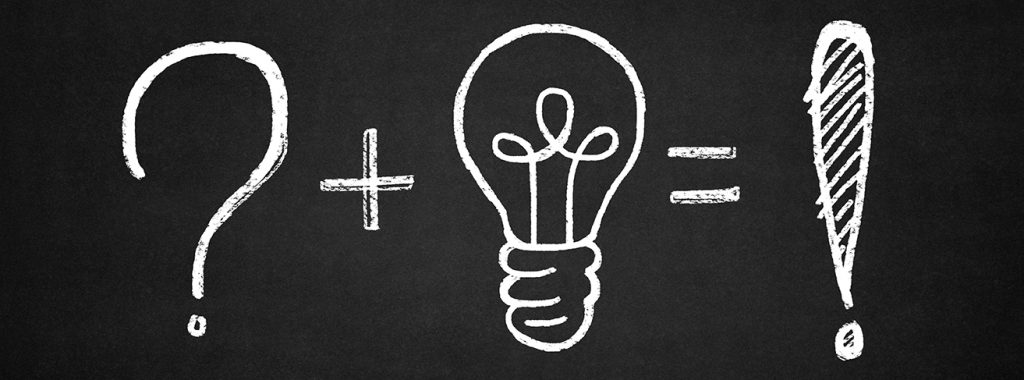“Tell me about your biggest weakness,” I recently asked a job-seeking client in a practice interview to help her prepare for her upcoming job interview for an administrative position. She smiled confidently, and gave me a predictable answer, one often heard from job seekers and which I call “the perfectionist answer”: “When I am given a task, I work very hard at getting it completed, and will not stop until it is perfectly done.” “So,” I said, taking a devil’s advocate role, “are you saying that you get really stressed out about it and that you compromise all other work to get it done?” She straightened up uncomfortably, looked me in the eye, and answered “No. Of course not! I always make sure all my work gets done.” “So, how then, is it a weakness? I would love to hire someone who sets high standards for themselves.“, I challenged her gently. Looking confused and mildly annoyed, she struggled to answer my challenge satisfactorily, eventually looking at me imploringly, “What do I say, then? What do I say that won’t make me look bad?”
It’s not difficult to understand my client’s frustration — this question is not supposed to be easy to answer. The weakness question challenges job seekers to be self-critical in a vulnerable situation, at the risk of giving a potential employer a reason to doubt their competence.
However, the “perfectionist answer” is not a good solution. It is so often heard by interviewers, that most probably have to make a special effort not to roll their eyes in annoyance when they hear it.
So, why do interviewers ask this question? Employers have told me that they don’t ask the weakness question to undermine an interviewee — they are actually challenging potential employees to be confidently self-critical. This is confirmed by Apple, in article in Forbes magazine, where the Apple HR claim to “hire for attitude and not aptitude”, specifically mentioning humility (the ability to value and give credit to others for their contributions) as a key characteristic in preferred candidates.
No matter what the question, the best interview answers should always be honest, simple and confidently stated. So, how can a candidate answer this question, honestly and simply, without giving away any information that can be held against them?
These are some of the strategies to help job seekers prepare a meaningful and effective response to answer the “What is your greatest weakness” question:
1. State the obvious
Few people are perfectly suited to the job to which they are applying. Knowing that an employer invited you to an interview, despite the obvious absence of a particular skill or experience on your resume, should allow you to discuss that weakness more easily.
For example, “I don’t know this product/industry as well as I need to, and will need to learn about it. I am a quick learner and am sure I won’t have any problem learning all that I need to know about it. In fact, I look forward to learning.”
2. Pick a weakness that you can correct
Consider what can you improve on that would help you do the job better.
For example, “I am new to this community/sector/customer base and expect to have to make an effort to get to know it well, once I start the job, or even before then.” Or “I haven’t done much public speaking lately, so I intend to join Toastmasters to practice and improve my skill.”
3. Be honest, but smart
Be confidently self-critical — show self-awareness. Honest self-criticism is something employers value. Choose a weakness that you genuinely struggle with, but that you know isn’t essential to the job. “My desk isn’t always the neatest, but I rarely misplace or lose anything“, or “I have a tendency to want to please my colleagues or clients, sometimes to a point where I make unrealistic commitments. I am working hard to figure out how to be a supportive team member while knowing when to set boundaries to make sure I can get my work done.”
4. Share how you overcame a weakness, or handle your present challenges
“I struggle with accepting feedback and am sometimes a bit sensitive about it. I have learned that the best thing to do is to encourage my colleagues or supervisors to give me feedback but to do it privately or via email, so I have time to consider my response.” Or “Cubicles are a challenge for me. I have to work hard on not being distracted by conversations around me. Sometimes, I just have to put headphones on, so I can focus. I make sure that my colleagues know, though, that if they need to talk to me, they just need to tap on my shoulder.”
5. Refer to your references to reassure the interviewers
“Sometimes, I tend to avoid conflict, which can be a challenge if I am not careful. I work hard at making sure that problems do not go unresolved, though. When you speak to my references, they might be aware of this issue, but I am confident that they did not have concerns about it.”
Bottom line:
|



Leave a Reply